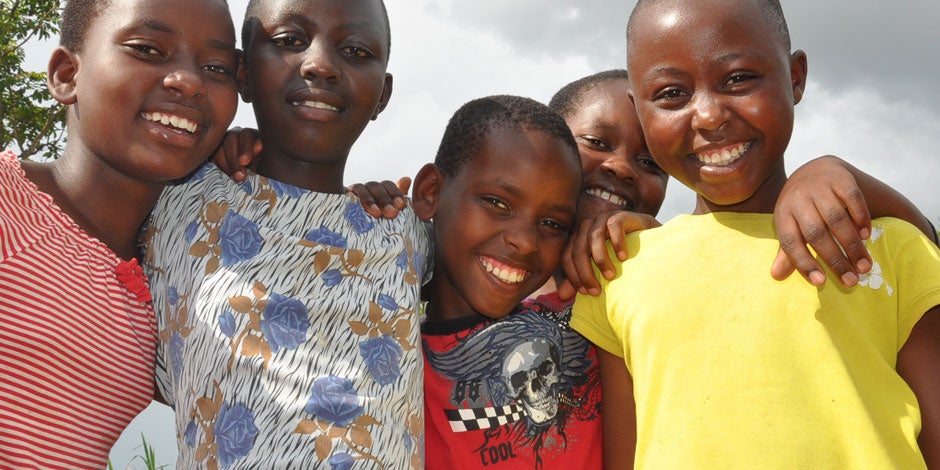Focus Area
Adolescents

Early adolescence is a critical transition period in young people’s lives. Yet this age group is often overlooked by youth-serving programs.
As they experience puberty, very young adolescents (ages 10-14) are frequently confused about how and why their bodies are changing. They are unsure of how and with whom to discuss their concerns. Most adults, schools, youth organizations, and religious institutions are not well-equipped to help young people understand and prepare for this transitional period. As a result, young people may lack the skills and information to deal with the physical, social and emotional changes associated with this time of rapid development.
IRH addresses this critical time of early adolescence with approaches that improve body literacy and fertility awareness. This helps young people, both boys and girls, understand their maturing bodies and how to protect their own reproductive health. Discussing physical, emotional, and social changes and signs of fertility during puberty helps young people become knowledgeable about how their bodies function and empowers them to make appropriate decisions about sexual behavior. Helping young people understand their fertility dispels myths and misconceptions about reproductive health. The resulting knowledge, social awareness and skills facilitate the passage through puberty and prepare youth to care for their health and that of their partners.
Visit the Fertility Awareness Resource Repository for fertility awareness curricula and tools developed and evaluated in a range of settings, which can be adapted for future programs. The evidence section of the repository provides additional context for why fertility awareness is an important topic to address in youth programs.
 Where We Work
Where We Work  Press Room
Press Room  FACT Project
FACT Project  Passages Project
Passages Project  Learning Collaborative
Learning Collaborative  Search All Resources
Search All Resources  Social Norms
Social Norms  Fertility Awareness Methods
Fertility Awareness Methods